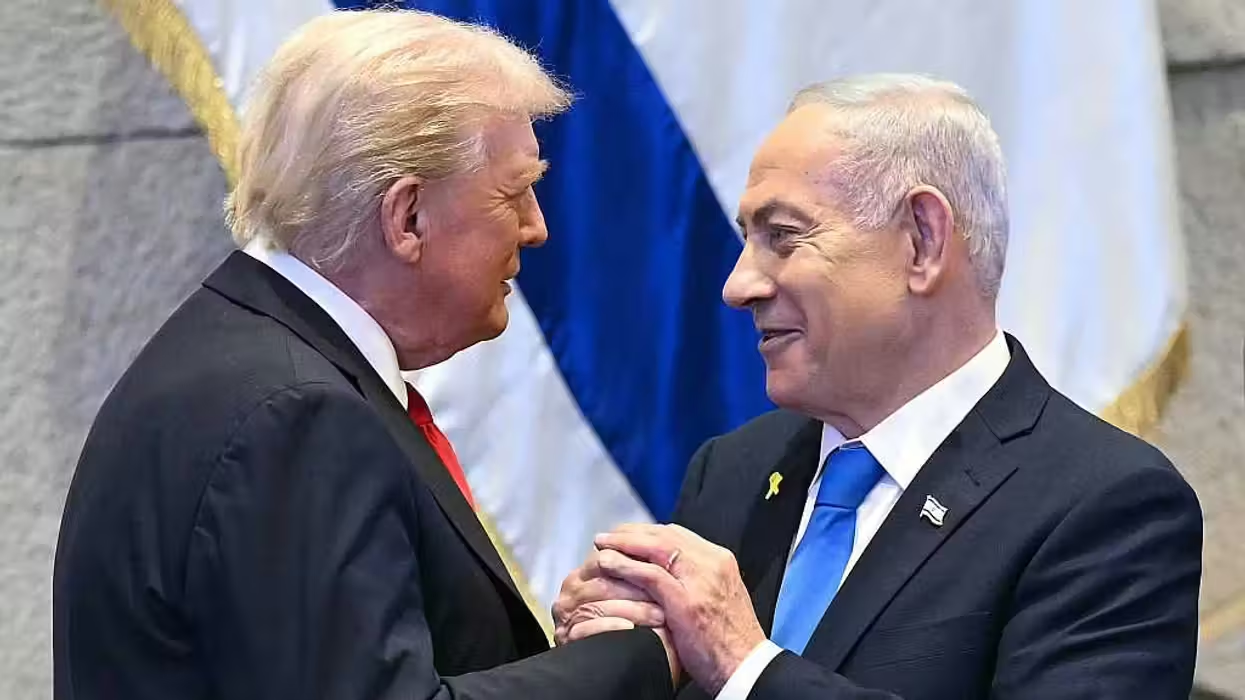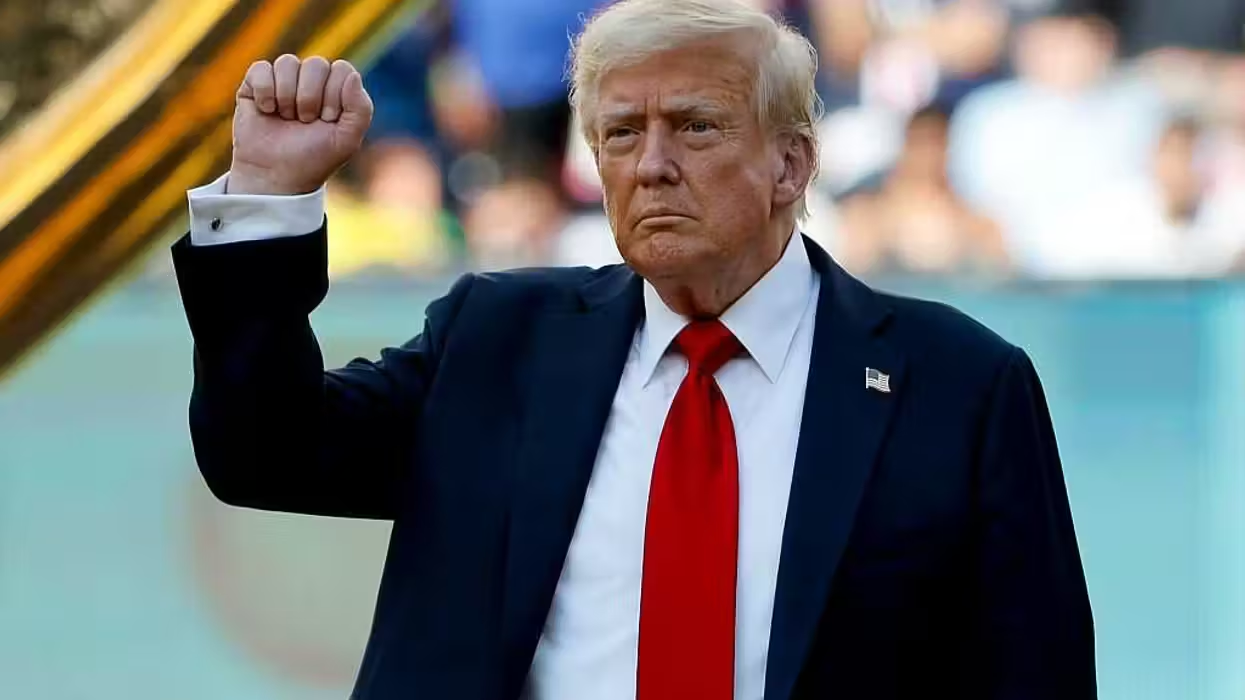
© 2025 Blaze Media LLC. All rights reserved.
International Money Fund managing director Christine Lagarde over the weekend warned that attempts by the U.S. Federal Reserve to wind down its $85 billion-a-month bond purchasing program could negatively affect emerging markets.
"Very negative spill-over effects on the emerging market economies could very much backfire on other economies. So to assume that [the] domestic economy is totally isolated, that a country is an island, would not be the right approach," Lagarde told CNBC in an interview.
"Without necessarily changing the mandate, without reviewing the terms of references, and maybe without even acknowledging it, I cannot believe that central bankers do not take into account what's happening elsewhere in the world," she added.
Countries with emerging markets, that is, countries that are experiencing rapid economic growth, include China, Russia, and India:
Much of the Group of 20 (G20) conference held in St. Petersburg, Russia, this month focused on ultra-loose monetary policies in the world’s leading economies. Finance ministers are split over when leading governments should draw down the easing programs (i.e. “tapering”).
However, Lagarde added, many policymakers in emerging economies are comfortable with the idea of tapering. She added that policymakers in emerging economies blame recent slowdowns in economic growth on poor structural reform, poor trade, and “capital outflows,” as CNBC puts it.
"On the other hand, the advanced economies acknowledged that the tapering of the unconventional monetary policies, though left to the central banks, had to be orderly, well communicated and had to be done in dialogue with other economies of the world," Lagarde said.
Leaders at the G20 summit also made sure to extend the moratorium on any new “protectionist measures” from 2014 to 2016.
"The leaders agreed to not enter into any protectionist measures for the next two years, until 2016. That was a matter for debate; not everyone agreed,” she said.
“Some were prepared to commit until 2015 but no further. They agreed to rally around 2016, no protectionist measures. That's a big achievement as well," she added.
“Protectionism” refers to when a government adopts polices that restrict or restrain international trade in order to protect domestic businesses from foreign competition.
--
Follow Becket Adams (@BecketAdams) on Twitter
Featured image Getty Images.
[related]
Want to leave a tip?
We answer to you. Help keep our content free of advertisers and big tech censorship by leaving a tip today.
Want to join the conversation?
Already a subscriber?
more stories
Sign up for the Blaze newsletter
By signing up, you agree to our Privacy Policy and Terms of Use, and agree to receive content that may sometimes include advertisements. You may opt out at any time.
Related Content
© 2025 Blaze Media LLC. All rights reserved.
Get the stories that matter most delivered directly to your inbox.
By signing up, you agree to our Privacy Policy and Terms of Use, and agree to receive content that may sometimes include advertisements. You may opt out at any time.





